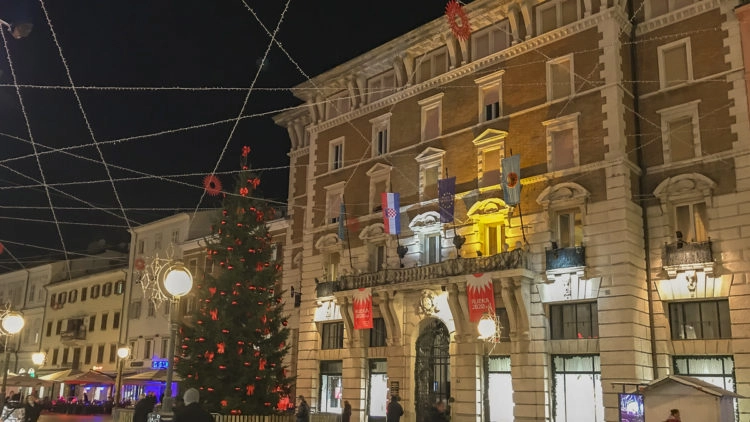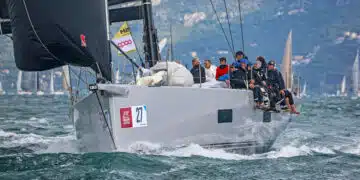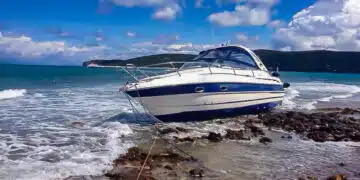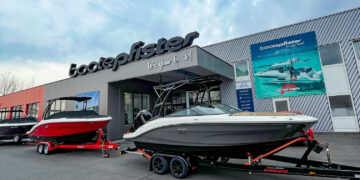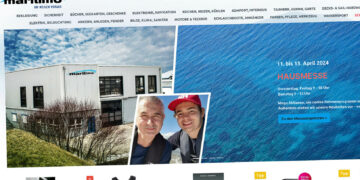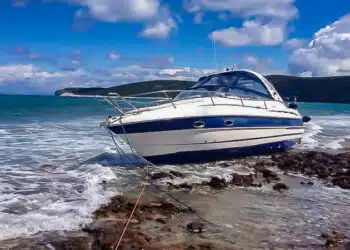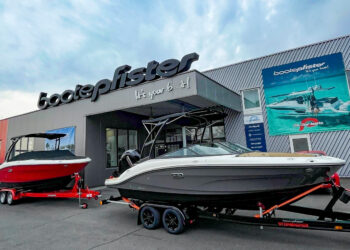Sometimes reason wins! Shortly after this article was published, the Croatian government announced new measures. Among other things, according to current information all Christmas markets were cancelled. Go here for the measures adopted. The 14-day incidence has currently risen to 951.3 in Croatia.
The corona virus SARS-CoV-2 has Europe, but in particular the vacation countries so popular with Germans such as Austria, Slovenia, Italy and Croatia, firmly under control. Rising incidence figures are causing the responsible politicians to take hectic measures, primarily relating to Christmas and New Year’s Eve, but also to the upcoming ski season, which will probably be significantly different from previous years because of the corona virus. In the southern countries, especially the Adriatic countries Italy, Slovenia and Croatia, the summer season 2021 is already in sight.
Croatia behind Austria and Slovenia
If one looks at the 14-day incidence (as of 25.11.2020), the virus can be classified much better: Austria with 1030.6 new infections per 100,000 inhabitants within 14 days takes the sad top position, followed by Slovenia (978.6), Croatia (926.6) and Italy (761.4). In Germany, the 14-day incidence on the cut-off date was 307.9 new infections per 100,000 inhabitants.
Health system overloaded
One is not to talk the situation straight in Croatia small: The health system is working on the attack, the hospitals are overcrowded in the areas with the highest infection rates, and even the emergency tents that were hurriedly pitched in front of the hospitals are already completely occupied in some cases. In addition, there is now a shortage of nursing staff, according to media reports.
On average, fewer new infections in coastal areas
The coastal regions are still in a much better position, with the exception of the large urban centers such as Rijeka and Split. Here the corona virus has spread, as well as in Zagreb and the eastern regions.
Croatia: Christmas markets despite corona
But while Germany and Austria are taking strict measures until Christmas, which resemble a lockdown, it seems that Croatia is playing with the “virus fire”: Who walks these days by the Hotspot Rijeka, believes its eyes hardly to trust: The little houses for the Christmas market are already in position, as was to be heard, but they should be a little further apart because of the Corona pandemic. Even the ice rink is already in place.
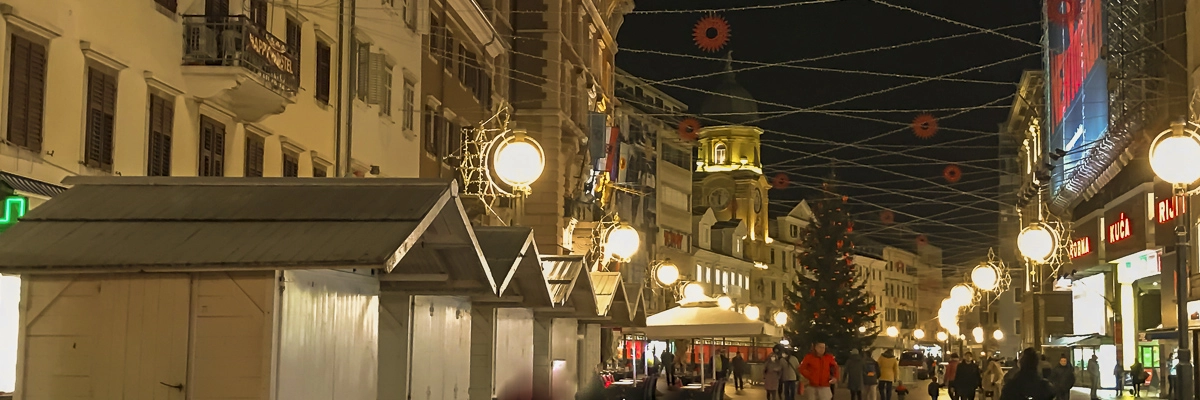
The editors refrain from commenting at this point and would like to leave this to the readers on the SeaHelp Facebook page. We only present the facts together with the impressions from Rijeka on 25.11.2020.
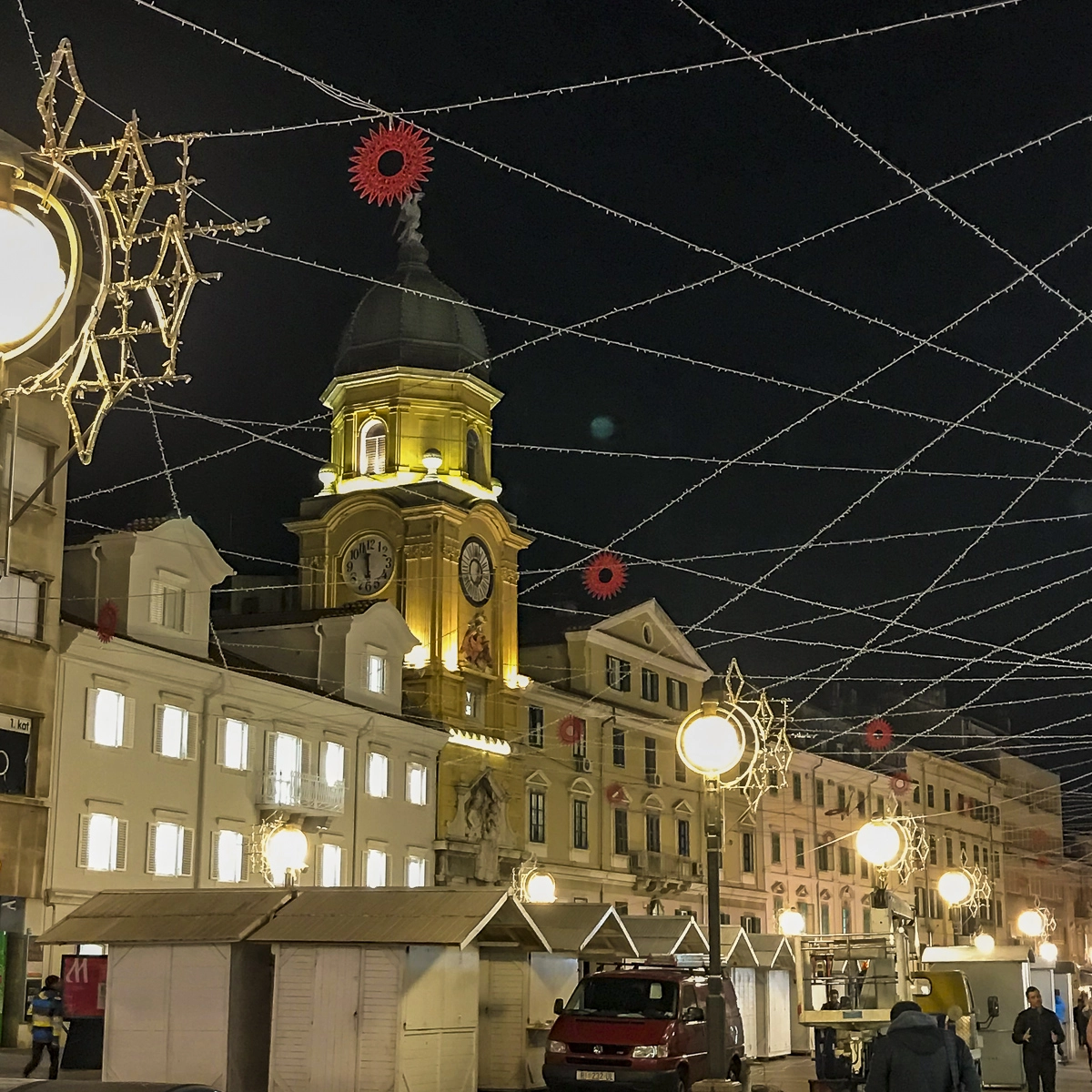
View of the respective regions decisive
To the fact situation belongs however also, which many Croats accompany these activities themselves only with a certain head shaking – the differences between the large cities and the rather touristy regions, in which one considers also now still predominantly the distance and hygiene rules, step ever more strongly to daylight and will probably accompany us into the next year. A look at the blanket figures does no longer do justice to the country. In the future, decisions should be made according to regions and not always have the borders of the individual counties drawn by the state in mind.
New corona hotspots: Vrbnik/Krk and Sali/Dugi Otok
But even there there are hotspots, whose origin is to be found in the not kept Corona rules. In Vrbnik on the island of Krk, a wine festival is said to have led to greatly increased numbers of infections, as is reported. And in Sali on Dugi Otok there were several church celebrations, which ultimately led to the fact that according to media reports, the inhabitants of almost every second house are under quarantine.
Water sports enthusiasts occupy a special position
Despite the numerous reports in the media in Austria and Croatia, all this should not be a reason for premature panic among water sports enthusiasts. With the exception of densely populated urban areas such as Rijeka and Split, coastal areas currently still show low levels of new coronavirus infections, which are well below the Austrian level. Even though it is not openly communicated: Obviously, their inhabitants, whose income depends mainly on tourism, are much more restricted than those in large cities.
Furthermore: If the topic of “vaccinations” ensures a certain immunity by spring and tests are available in sufficient numbers, there should be significantly fewer restrictions, at least for those water sports enthusiasts who occupy a special position among tourists. And as far as quarantine regulations are concerned, it remains to be seen how the governments of Germany and Austria will react to the admittedly important ski tourism despite high levels of new corona infections. Anyone who can ski in the Alps should also be allowed to water ski on the Adriatic.


